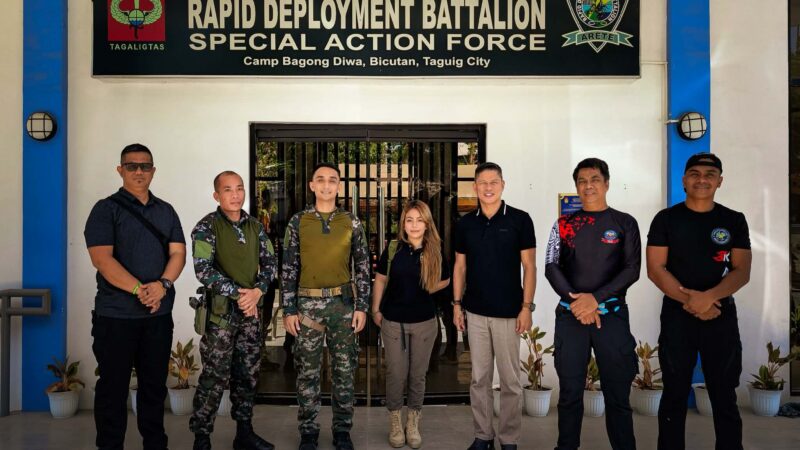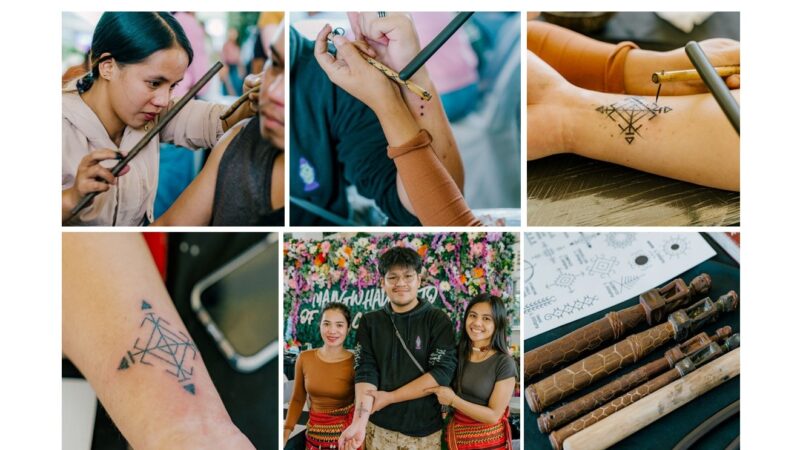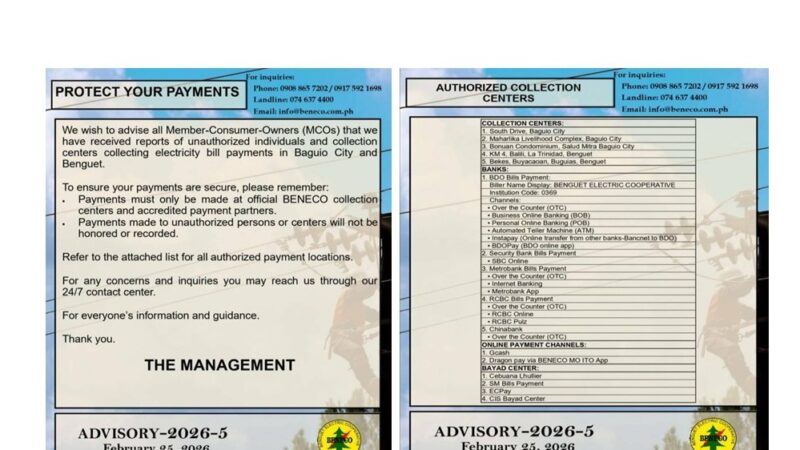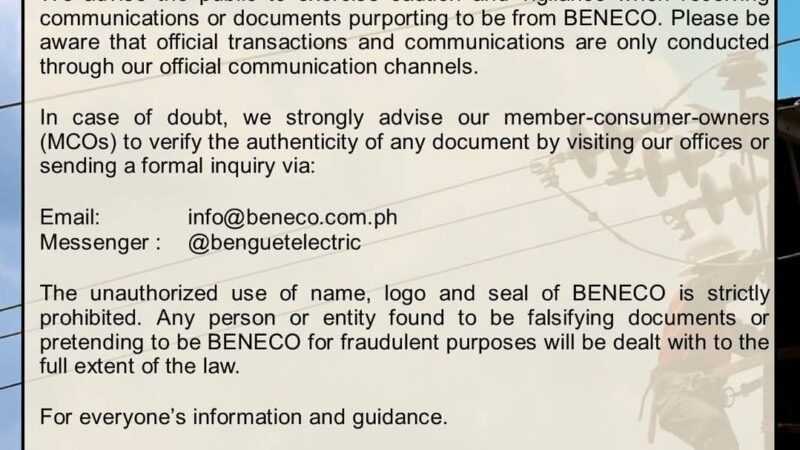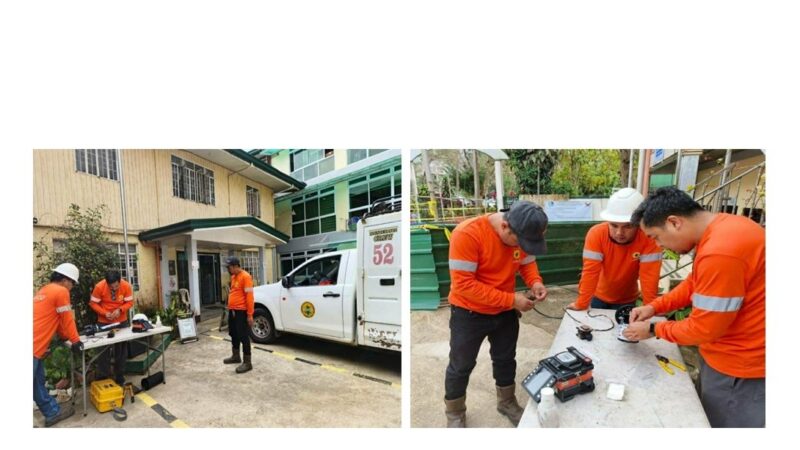Presidential task force assures journalists security through pandemic, poll coverage
BAGUIO CITY – The Presidential Task Force on Media Security (PTFoMS) on Thursday, June 24, 2021 hosted the latest of its nationwide series of webinars to nearly a hundred media practitioners in the Cordillera Administrative Region (CAR) and Region I, entitled “PTFoMS Moving 4ward: Safeguarding Press Freedom during the Covid19 Pandemic and the 2022 Elections Season”.
The webinar was organized by PTFoMS Undersecretary Joel Sy Egco, in partnership with the Philippine Information Agency (PIA) – Freedom of Information (FOI) and the Presidential Communications Operations Office (PCOO) with the mandate that seeks to protect the life, liberty and security of media workers.
Webinar Guest of Honor PTFoMS Chair and Justice Secretary Menardo I. Guevarra, in his keynote speech, said that the government has made media security one of its sectoral concerns since 2016.
Guevarra said the attacks and violence perpetrated against media personnel in the past years and the Maguindanao massacre provided the impetus for the government to create the PTFoMS.
He said the creation of the PTFoMS reflected the value that the government accords to the protection of media and media personnel–to safeguard press freedom which is crucial for a working democracy.
“We from the PTFoMS take this opportunity to reach out to you, media practitioners and personnel so that you will persist in your work bringing information to our people and bringing the truth to life even in the most difficult circumstances,” Guevarra said.
The PTFoMS was specifically created under the Administrative Order 1 (AO 1) of President Rodrigo Roa Duterte on October 11, 2016 to address the issue of violence against media workers in the country.
The growing surge of misinformation
In his message of solidarity, Cabinet Secretary Karlo Nograles cited the 2020 World Press Freedom Index that indicated a pivotal future of journalism in the coming decade, with the pandemic amplifying the crisis that threatens press freedom.
“The challenges faced by media now have taken on additional facets with the Covid19 outbreak, and protecting media freedom in times of pandemic is equally vital in delivering clear and credible information which the public greatly needs,” Nograles said.
Nograles also said that such danger has been recognized by UN Secretary General António Guterres and that the latter cautioned that the world is not only battling with Covid19 but also with the growing surge of misinformation.
Nograles said that the World Health Organization (WHO) described misinformation as a second disease accompanying the coronavirus pandemic, and that this infodemic which is an over-abundance of information–some accurate and some not–makes it hard to find trustworthy and reliable guidance, thereby resulting in a decline of trust.
He said the spread of this epidemic of information must be responded alongside the contagious effects of the Covid19 virus.
Bridging gaps of misinformation
Nograles invoked media practitioners to be the vanguard in safeguarding the integrity of information, and to enable themselves to adapt a pragmatic and objective approach to issues benefiting the public as a whole.
“As such, you therefore have the responsibility of advocating reliable information based on available metrics and data cultivating a media environment of free, safe, and quality reportage,” Nograles said.
Nograles also said that the global pandemic has rekindled awareness of the importance of reliable reporting, and called on media practitioners to be virtual leaders to use information as a mechanism to unite individuals and communities to decide appropriately on their roles in these trying times.
“As we fight this pandemic together, we need you to provide accurate information to all so as to bridge gaps of misinformation and eliminate misconception,” Nograles said. Merriam del Rosario

